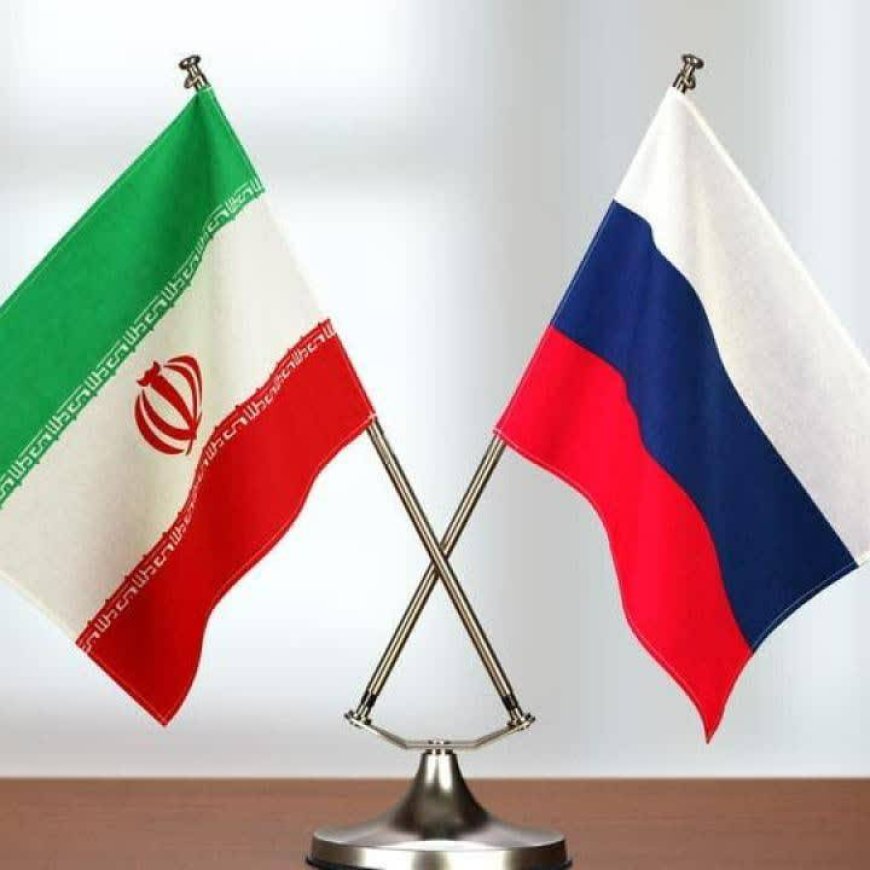Unlocking Opportunities: Iran and Russia Forge Economic Cooperation Amidst Western Sanctions
Unlocking Opportunities: Iran and Russia Forge Economic Cooperation Amidst Western Sanctions

The crisis in Ukraine has led to the imposition of anti-Russian sanctions, which have been extensively covered in global media. This article examines the impact of these sanctions on the Russian economy and explores the opportunities that have emerged for economic cooperation between Iran and Russia.
Failure of Sanctions Policy:
Despite the imposition of numerous sanctions, the anticipated severe economic decline of 15% in Russia's economy has not materialized. Instead, Moscow's economy contracted by 2.1%, indicating the limited effectiveness of the sanctions.
Escalating Sanctions against Russia:
The number of sanctions imposed on Russia has significantly increased since the crisis began. Over 11,000 additional sanctions have been implemented, with more than 40 countries seeking to impose measures against Moscow through various means.
Opportunities for Iranian-Russian Economic Cooperation:
The strained relations between Russia and European countries, coupled with the impact of sanctions, have created favorable conditions for increased economic ties between Iran and Russia. Many companies and brands have exited the Russian market, presenting Iranian businesses with an opportunity to expand their exports and penetrate the Russian market.
Iran's Role in Sanctions Evasion:
Iran's geopolitical position enables it to assist Russia in circumventing sanctions. Efforts to neutralize oil sanctions, such as ship-to-ship transfers and complex monetary networks, have played a crucial role in mitigating the impact of sanctions. Additionally, Iran's involvement in facilitating the transportation of Russian grain to major customers strengthens economic cooperation between the two nations.
The Importance of the Rasht-Astara Railway Project:
The completion of the Rasht-Astara railway, a key segment of the North-South Rail Corridor (INSTC), holds significant potential for enhancing trade and transit between Iran and Russia. This railway project, estimated to cost 800 million euros, has attracted Russia's interest in providing financial assistance, further bolstering bilateral economic cooperation.
Negotiations and High-Level Engagements:
The frequent visits by Igor Levitin, Putin's special envoy and advisor, indicate the seriousness of negotiations between Tehran and Moscow regarding the completion of the INSTC. These negotiations aim to expand economic relations and transform the transit landscape in the region.
Prospects for Economic Growth and Cooperation:
The expansion of economic relations between Iran and Russia is seen as a primary objective of Western sanctions. The INSTC project, with its potential to reshape regional transit patterns, offers a promising avenue for mutually beneficial economic cooperation. Iran's agricultural sector also stands to benefit from increased access to the Russian market, potentially competing with Turkish agricultural goods.
Conclusion:
The multifaceted nature of Iranian-Russian relations, encompassing political, economic, and strategic factors, highlights the significance of their cooperation. While both countries have found ways to mitigate the impact of sanctions, the ongoing economic pressure faced by Iran and Russia necessitates further strengthening of their bilateral cooperation.













































